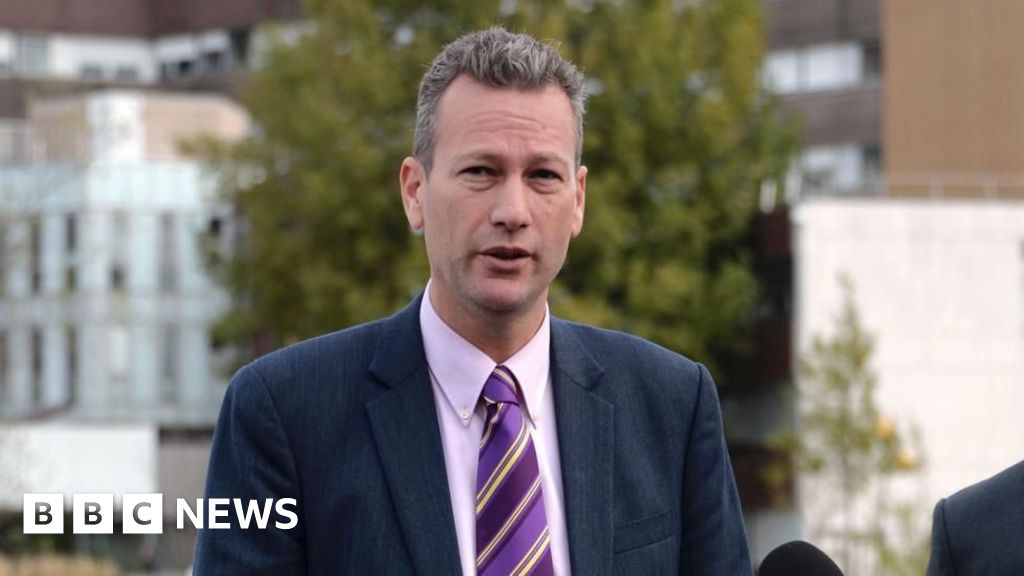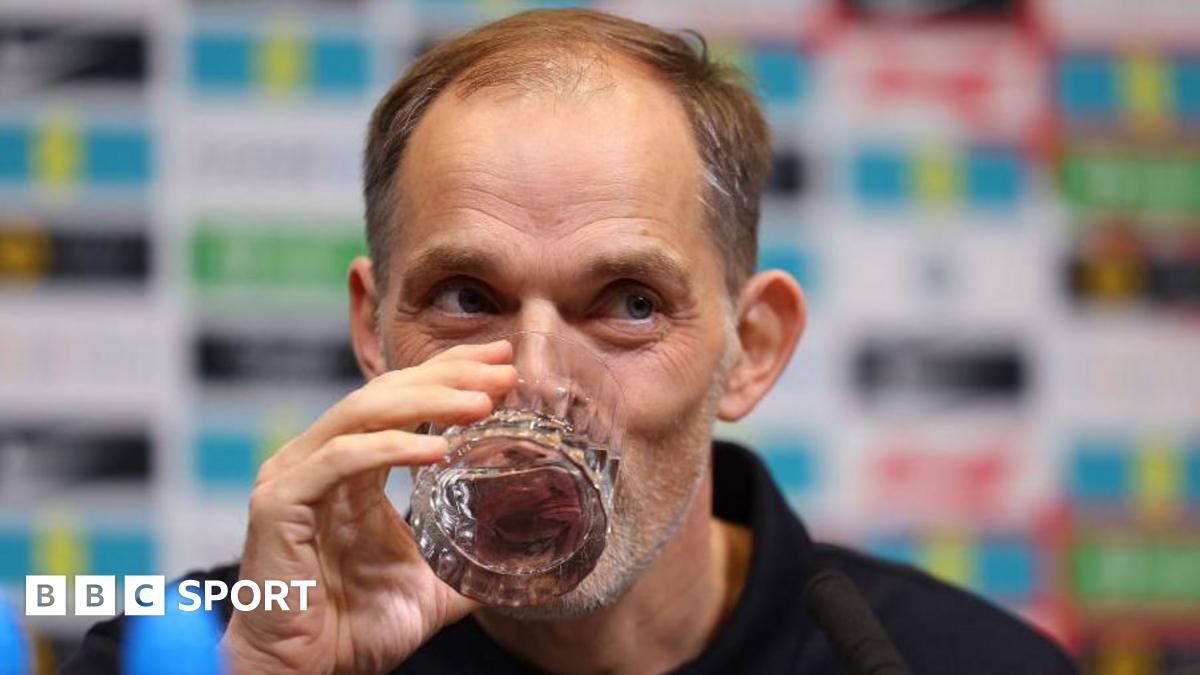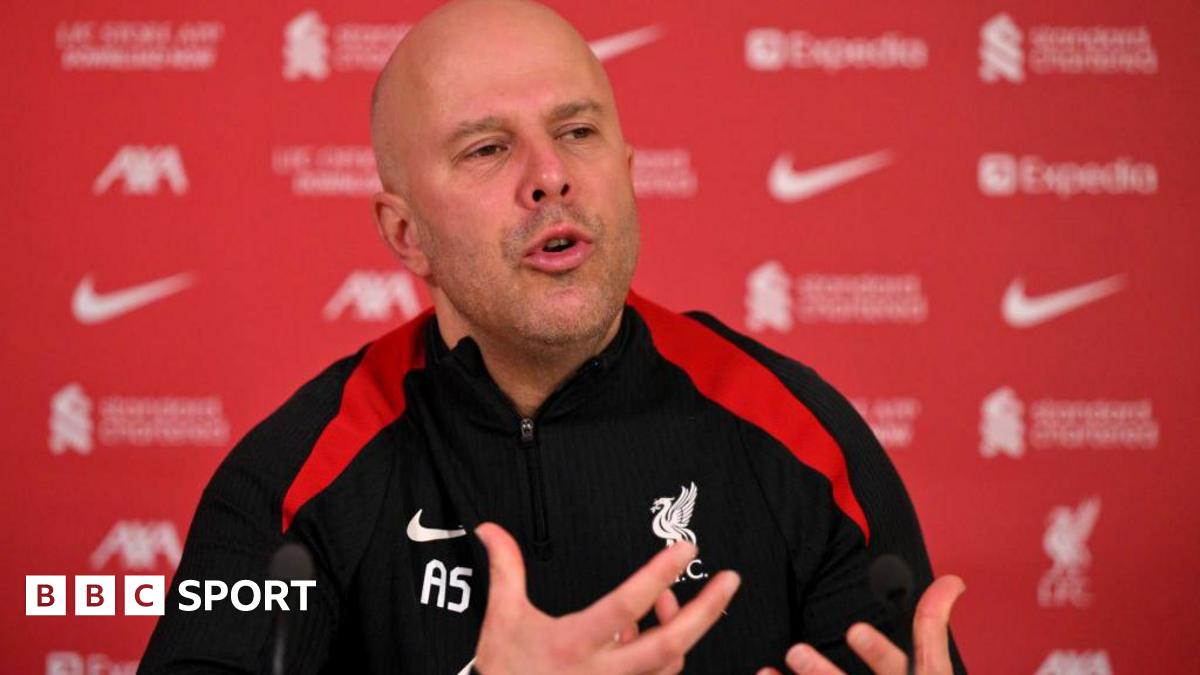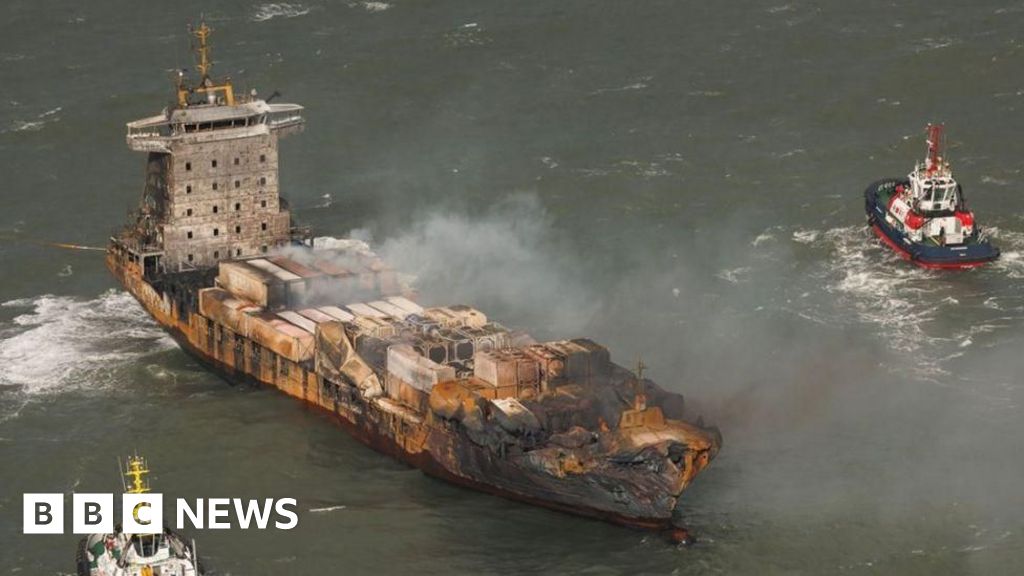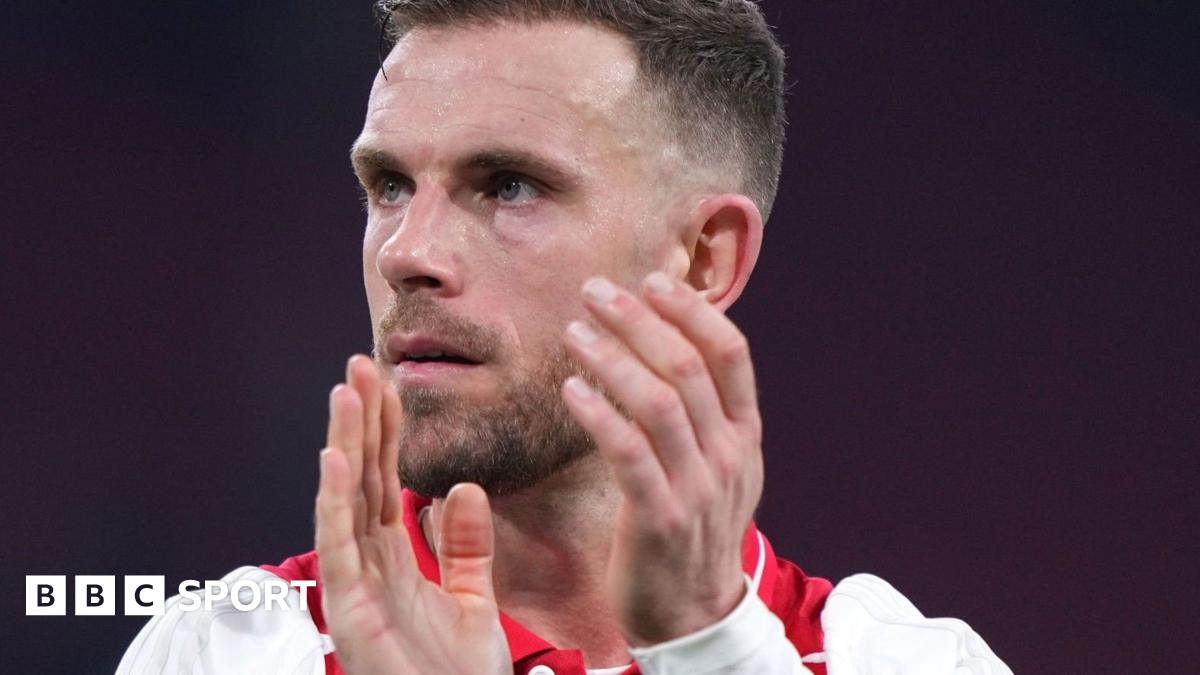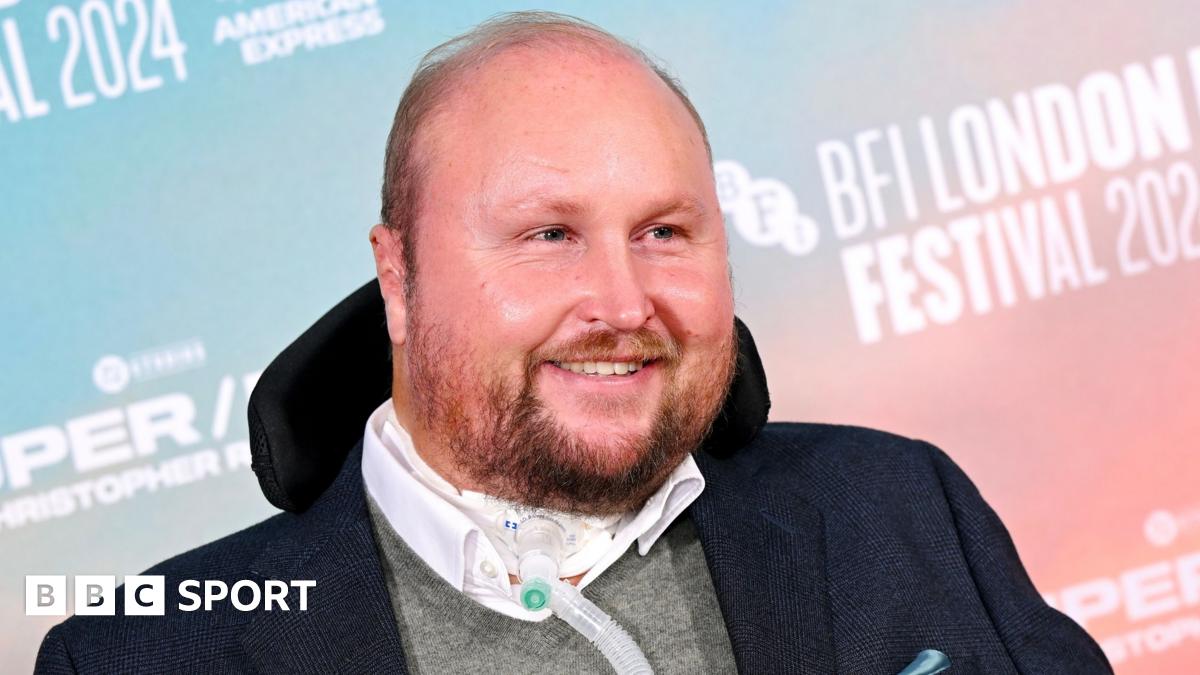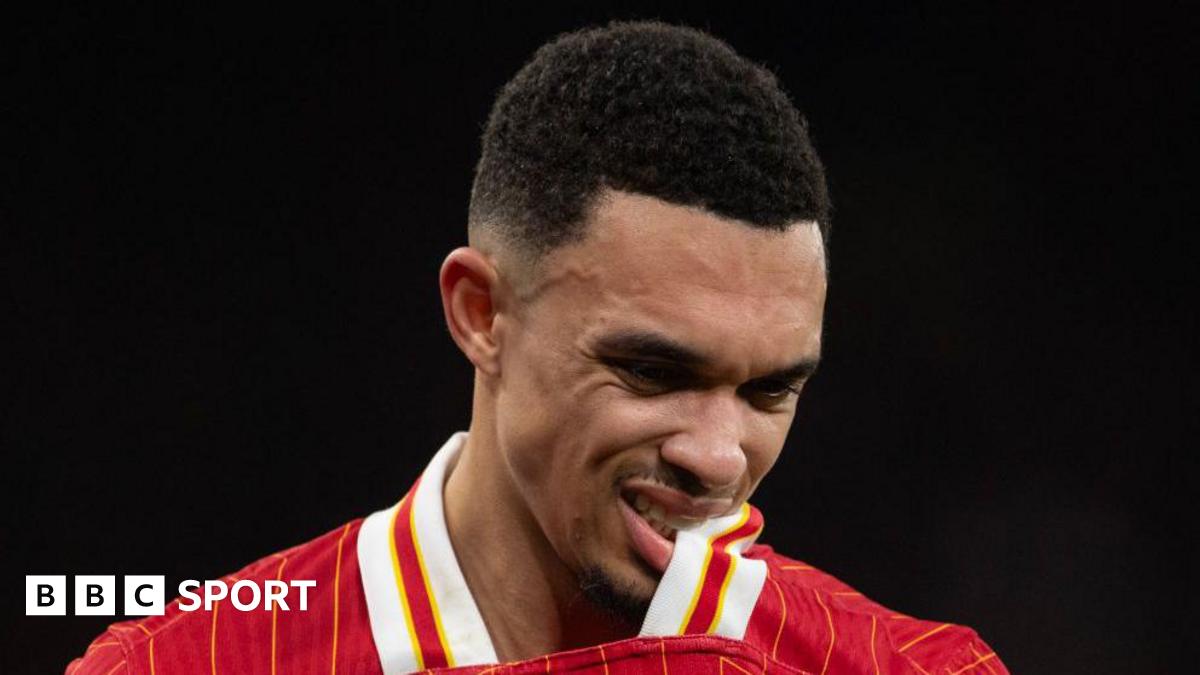
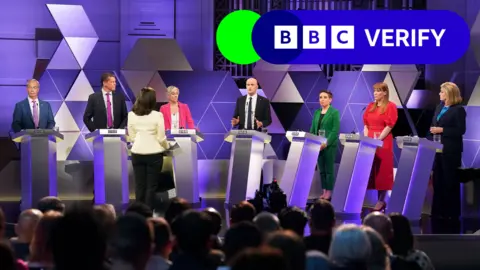 BBC
BBC
Leading figures from seven main UK parties faced each other in a BBC debate. They made claims on tax, defence spending, NHS and immigration, among other issues.
We examined some of them.
Conservatives' Penny Mordaunt: Keir Starmer confirmed that he would 'put up your taxes by £2,000'
This is false.
Conservative Penny Mordaunt made the claim twice in the debate, repeating it after Labour's Angela Rayner called it a lie and the BBC's debate moderator Mishal Husain said it had been criticised by the UK statistics watchdog.
Sir Keir Starmer did not confirm the £2,000 per household figure, which he has called “absolute garbage”.
The figure is misleading, because it is totting up more than £500 a year extra over four years, which is not what you would normally think of if somebody said your taxes were going up by £2,000.
That was the concern from the statistics watchdog.
The Conservatives came up with the figure by adding up how much they claim Labour's spending commitments would cost overall and dividing this by the number of UK households with at least one person working.
But their costing is based on some dubious assumptions and Labour disputes it.
Like the Conservatives, Labour says it will not raise the rates of income tax, National Insurance or VAT.
On Tuesday, in a head-to-head debate with Rishi Sunak on ITV, the Labour leader said: “We will raise specific taxes, and we have been really clear what they are.”
He mentioned putting VAT on private school fees and ending the non-dom status for wealthy individuals who don’t pay UK tax on overseas assets, as well as tax on oil and gas companies.
“We will raise those but we won’t raise the others,” he said.
Labour's Angela Rayner: 'We will have a commitment to the 2.5% spending of GDP' on defence
The first question of the debate asked the politicians how, as the country marks the anniversary of D-Day, they would ensure our army is ready and the country is safe from major conflict.
Labour deputy leader Angela Rayner was right that her party has said it would raise the total defence spending to 2.5% of gross domestic product (GDP).
But she did not mention that - so far - there is no timeframe for this.
Labour has said it would do this only “as soon as resources allow”.
This is more vague than the Conservatives, who have pledged to hit this spending target by 2030.

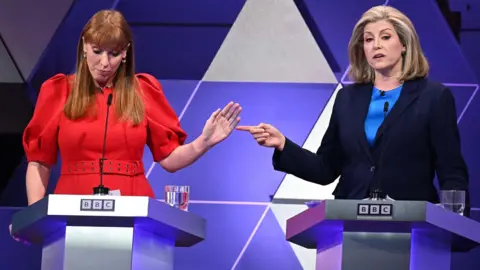
Angela Rayner and Penny Mordaunt
The SNP's Stephen Flynn: 'The Labour Party position is to shut down the North Sea oil and gas sector, which would risk 100,000 jobs'
The claim by the SNP leader in the House of Commons, Stephen Flynn, equates to roughly the number of jobs that Scotland’s oil and gas industry supports in the wider economy.
Those figures come from an independent estimate carried out for Offshore Energies UK (OEUK), a trade association.
But it is misleading to suggest Labour’s plans put all of these jobs are at risk.
Labour has said it would not issue new oil and gas licences, and would extend the windfall tax on energy companies, which OEUK says could threaten some jobs.
But the party has pledged not to overturn existing licences. and says that oil and gas would still be part of the energy mix for decades to come
As Mr Flynn acknowledged, the North Sea is running out of oil and gas, so many of the jobs are at risk in the long-term anyway.
And the government's independent adviser - the Climate Change Committee (CCC) - has previously said, there is potential for the transition to renewable energy to "create more jobs than will be lost" across the UK.
Lib Dems' Daisy Cooper: The Conservatives promised 'to recruit 6,000 GPs. We now have fewer GPs per head right across our country'
The Lib Dems' deputy leader was responding to a member of the audience who said it was almost impossible to get a doctor’s appointment where he lives in Essex.
It’s true that at the last election, the Conservatives pledged 6,000 more doctors in general practice by 2024-25. Their pledge referred to England only, because Scotland, Wales and Northern Ireland manage their own health systems.
Ms Cooper is right that this pledge has not been met. In December 2019, there were 34,519 full-time equivalent GPs in England, while in April 2024 (the latest available data) the number was 37,327 – just over 2,800 higher. But this number includes GPs in training.
If you look at the number of fully qualified GPs only, the number is down by 523 - from 28,129 in December 2019 to 27,606 in April 2024.

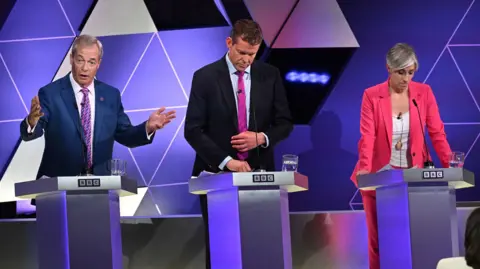
Nigel Farage, Rhun ap Iorweth and Daisy Cooper
Reform UK's Nigel Farage: 'Most of those who come in are actually dependants'
Reform UK leader Nigel Farage was speaking about legal migration. He did not specify which time period he was talking about but this claim is not correct when you examine the latest figures for all visas issued.
In the year ending March 2024, about 1.4m visas were issued and about a third went to dependants.
Mr Farage was challenged by the BBC’s Mishal Hussain and then said “about 50% that come are dependants”.
That claim is more or less correct for work visas.
Out of all the work visas issued in the year ending March 2024 - the latest available figures - 48% were issued to dependants.

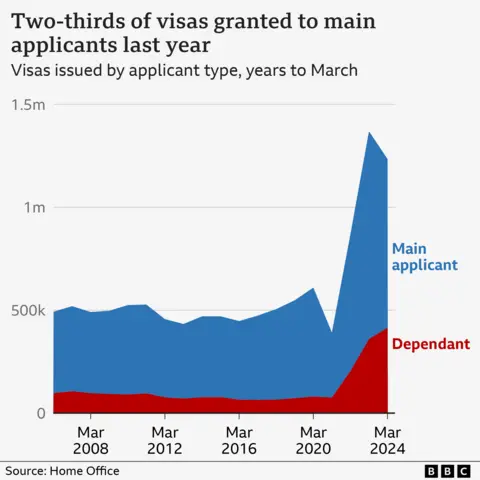
The Green Party's Carla Denyer: The two-child benefit cap 'holds 250,000 children down into poverty unnecessarily'
The two-child benefit cap prevents parents from claiming child tax credits or universal credit for more than two children, which many claim has caused hardship for many big families.
The Child Poverty Action Group has estimated that scrapping the cap would lift 250,000 children out of poverty, at a cost of £1.3bn.
Green co-leader Carla Denyer said that her party wants to remove it and criticised Labour and the Conservatives for supporting the cap.
Plaid Cymru's Rhun ap Iorweth: 'We need to see Wales being paid the £4bn it’s owed'
The Plaid Cymru leader Rhun ap Iorweth was referring to the money his party believes Wales is owed by the Westminster government after Rishi Sunak’s decision to scrap part of the HS2 rail project.
Mr Sunak promised to spend the money on other transport projects and Plaid say that – under the Barnett formula which determines how funding is shared between UK nations – Wales is entitled to a share of this.
But instead of awarding the money to the devolved administration in Wales, the UK government promised to spend £1bn electrifying the rail line between Crewe and Holyhead.
Unlike in Scotland and Northern Ireland, spending on railways in Wales isn’t devolved. The UK government in Westminster argues that this is because Welsh railways are heavily integrated with railways in England, meaning they should be considered as one network.
In April, the Welsh government said it would not contest this in court, because a legal challenge was “unlikely to succeed”.





 9 months ago
51
9 months ago
51
